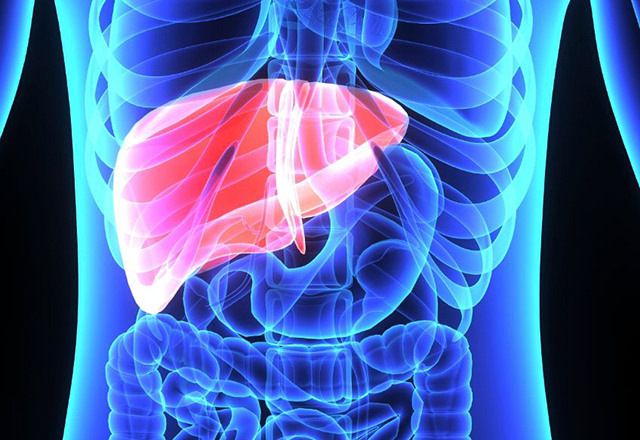Organ transplantation is a very complicated medical procedure. The organ has to be compatible with the recipient, and the process also involves moving a live organ from donor person to recipient and maintaining the organ in working order until the surgery.
The traditional method of moving transplant organs involves storing them at a very low temperature. However, this process has a time limit and may damage organ tissues.
Read more in Medical News Today.





